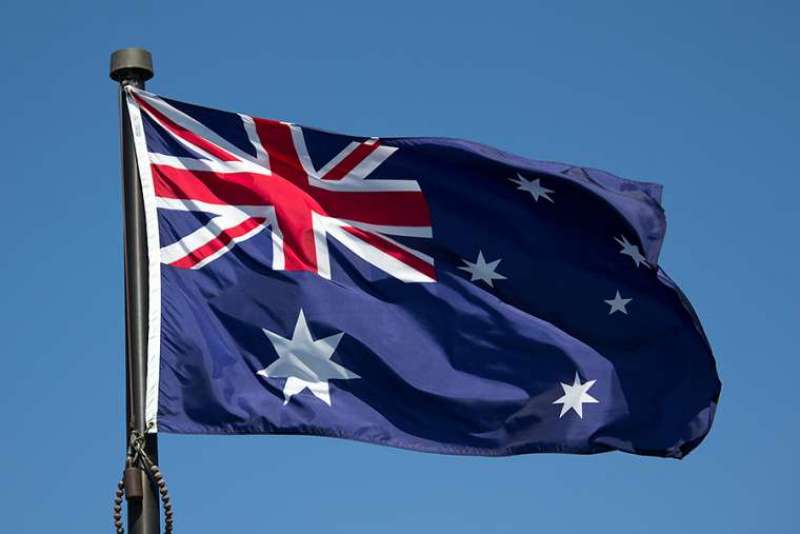Last week the Australian bishop' conference and Catholic Religious Australia adopted new standards to combat the sexual abuse of children and vulnerable adults in the wake of a 2017 report on such abuse in the country's institutions.
The National Catholic Safeguarding Standards were adopted May 30.
“These National Catholic Safeguarding Standards draw from the Child Safe Standards outlined during the Royal Commission into Institutional Responses to Child Sexual Abuse and align with the National Principles for Child Safe Organisations, but they provide additional criteria relevant to the governance of the Church,” Sr. Monica Cavanagh, president of CRA, stated.
“The standards will allow Catholic entities and the public to have additional confidence in the Church’s approach to addressing the tragedy of abuse and to building a culture of safety for all, especially for the young and the vulnerable.”
Catholic Professional Standards Limited, a non-profit which promotes child protection by auditing and reporting on Catholic entities, developed and released the standards. CPSL was founded in 2016.
The 10 standards include committed leadership, informed children, partnership with families, complaints management, and ongoing education. They will focus first on children, and be extended to vulnerable adults.
“Much has already been achieved,” Archbishop Mark Coleridge of Brisbane commented. “But more work remains to be done and we are committed to making the changes required.”
He added that “in addition to what’s been done and is being done locally, new guidelines from Pope Francis are helping to strengthen the Church’s global response to child sexual abuse –although many of the protocols and processes in place in Australia go beyond what the Pope is asking.”
The pope promulgated universal norms on sex abuse reporting which took effect June 1, days after the adoption of the National Catholic Safeguarding Standards. The norms of Vos estis lux mundi establish that clerics and religious are obliged to report sexual abuse accusations to the local ordinary where the abuse occurred. Every diocese must have a mechanism for reporting abuse. When a suffragan bishop is accused, the metropolitan archbishop is placed in charge of the investigation.
Archbishop Coleridge also said the Church in Australia is implementing the relevant recommendations of the Royal Commission.
A report from the Australian Royal Commission released in December 2017 found serious failings in the protection of children from abuse in the Catholic Church and other major secular and religious institutions.
The Royal Commission urged a program to compensate the victims of institutional child sex abuse, which the Church in Australia established in July 2018.
It also proposed that priests be legally obligated to disclose sexual abuse sins which have been admitted in the confessional, or face criminal charges.
The Australian bishops' conference responded positively to nearly all the Royal Commission's recommendations, but has defended the sanctity of the confessional seal.

